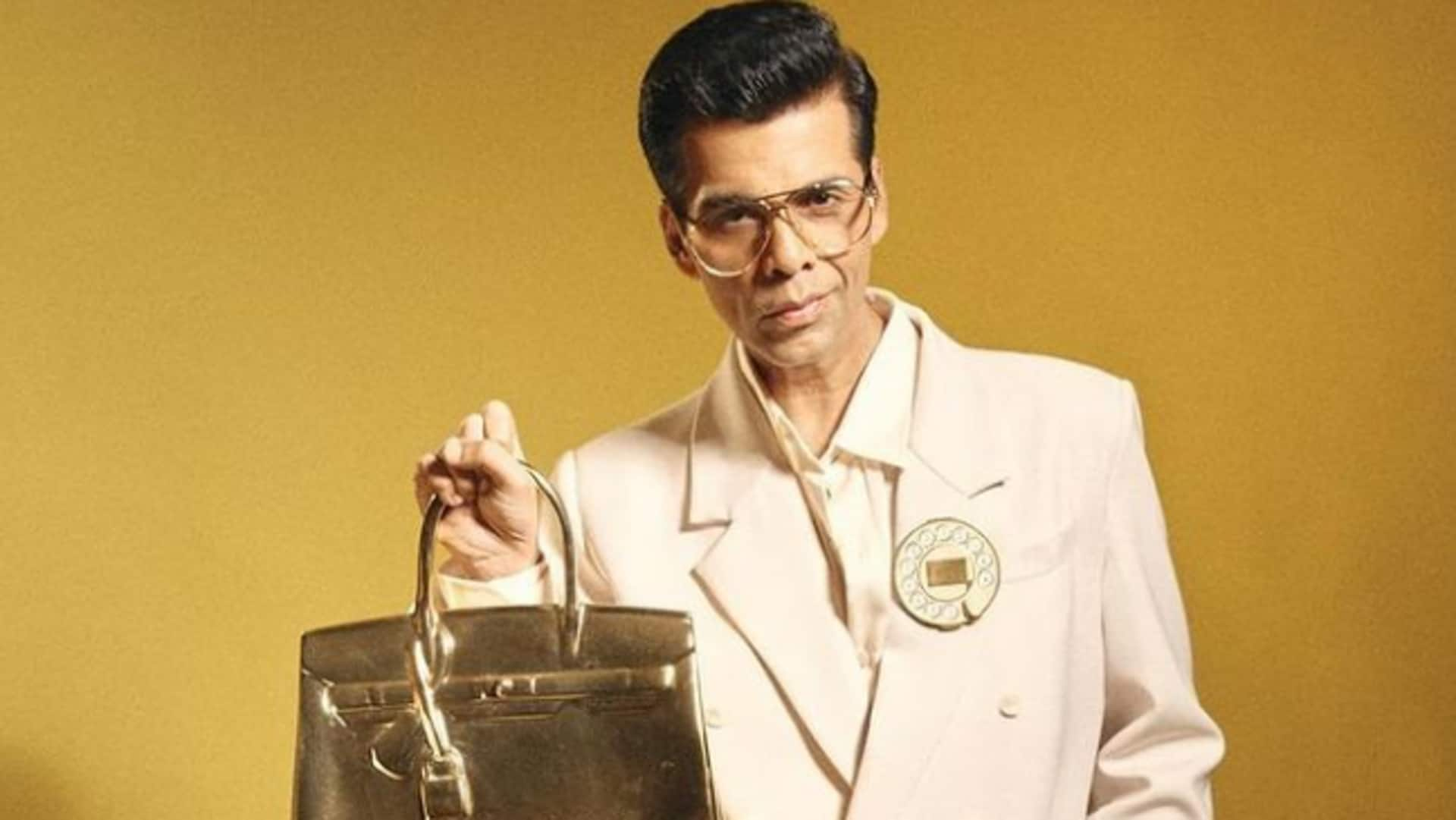My very first time voting, I wasn't well versed in my rights as a disabled voter. I was a college student and I went to my polling place with a friend. As a wheelchair user, I am unable to reach the ballot box.
When I was next in line, I asked my friend if she could put my ballot in for me when she put hers in. A man who was working at that polling place screamed at me and said: "If someone else touches your ballot it's void." Not knowing my rights at the time, I was embarrassed and quickly apologized.
However, the Voting Rights Act of 1965 requires that states allow people with disabilities to receive assistance in the voting process. According to the section 208 states: "Any voter who requires assistance to vote by reason of blindness, disability, or inability to read or write may be given assistance by a person of the voter's choice, other than the voter's employer or agent of that employer or officer or agent of the voter's union." I had every right to ask for help from whoever I chose to help me.
That polling station also didn't educate its workers on disabled voters rights, something that often excludes disabled voters from participating. There are also physical barriers that prevent disabled voters from accessing ballots. Churches account for of polling places, according to data compiled by Christianity Today, but being a private entity, they are under no legal obligation to be accessible.
So what happens when a person with a disability is assigned a non-accessible pol.


















